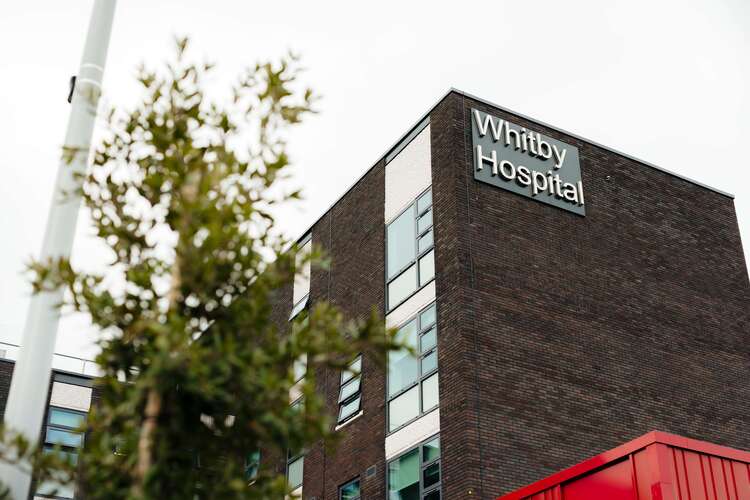You don’t have mail consultations
- 21 February 2013

The majority of UK GPs believe that email consultations are not an appropriate means of communicating with patients, and almost 80% have yet to do so.
A survey of 1,000 GPs for eHealth Insider by doctors.net.uk shows that GPs are skeptical about the appropriateness, safety and reliability of such communications – despite official enthusiasm for the idea.
The survey suggests that much work will need to be done to convince GPs of the benefits of email consultations as one of a range of alternatives to face-to-face visits, which form a key ambition in the government’s 2012 NHS information strategy, ‘The Power of Information’.
Launching the strategy in May 2012, then-health secretary Andrew Lansley suggested that being able to email a GP would “end the 8am rush” of patients desperate for an appointment, and make the service more customer friendly.
The ‘historic’ mandate given to the NHS Commissioning Board in December also says that in addition to having online access to their records by 2015, patients should be able to book appointments, order repeat prescriptions, and communicate electronically with doctors.
However, EHI’s exclusive survey shows that eight out of ten GP respondents (79%) said they had never held an email consultation with a patient, while a further 4% said they had tried this but stopped.
Even the one in five GPs (17%) who said they do conduct email consultations with patients seem to do so very rarely.
The majority (14% of the total sample) said they held email consultations “no more than once a week” while the remainder (3% of the total sample) said they used this form of consultation “two or more times a week.”
EHI Primary Care editor Rebecca Todd said: “Email has become so common that it is easy to think that it should be used to make GP practices more accessible and convenient for patients. Yet our exclusive survey shows that GPs are still not convinced.
“The survey suggests that GPs may still be worried that email is not a safe or reliable way to communicate with patients. Yet the GPs who are already holding consultations this way seem to have had few problems.
“For some patients, at least, this would be a valuable new service, and it would be good to see more practices thinking about how it could be made to work effectively.”
In response to Lansley’s call for e-consultations, the British Medical Association warned that it could lead to practices being “deluged” with extra work, and called for extensive piloting.
The chair of the BMA’s GP Committee, Dr Laurence Buckman, cautioned against the use of email for consultations, because “compared to a telephone or face-to-face consultation it is difficult for GPs to assess someone quickly and safely this way.”
However, some GP practices do offer email access to doctors, particularly through the practice website, and have reported that it can save time, because minor problems can be dealt with and advice given without patients coming into the surgery.
The exclusive survey also found the overwhelming majority of GPs have yet to start preparing to give patients online access to their records; even though the government’s deadline for this is just two years away. Read a full analysis of the survey in Insight.




